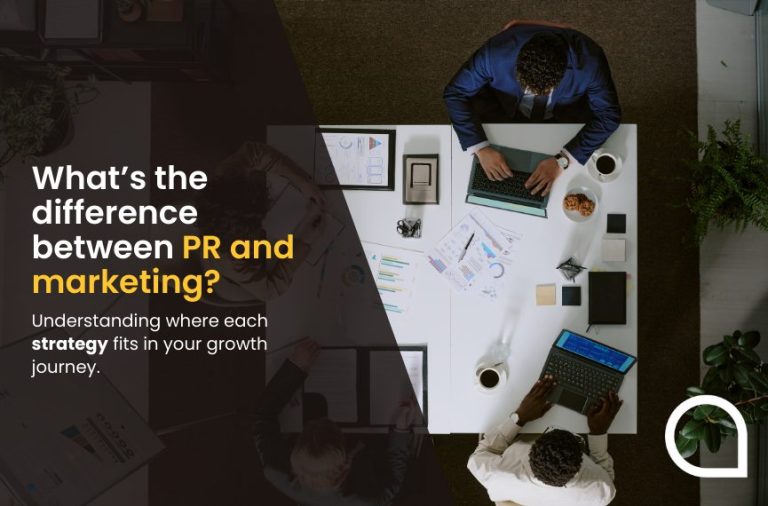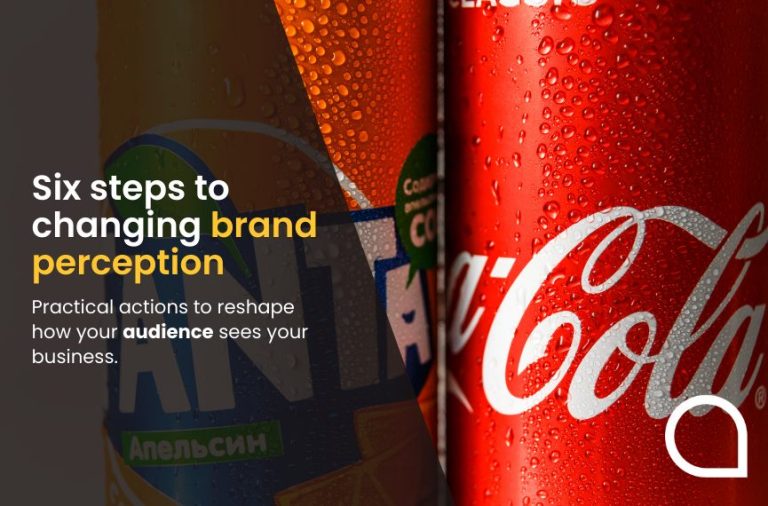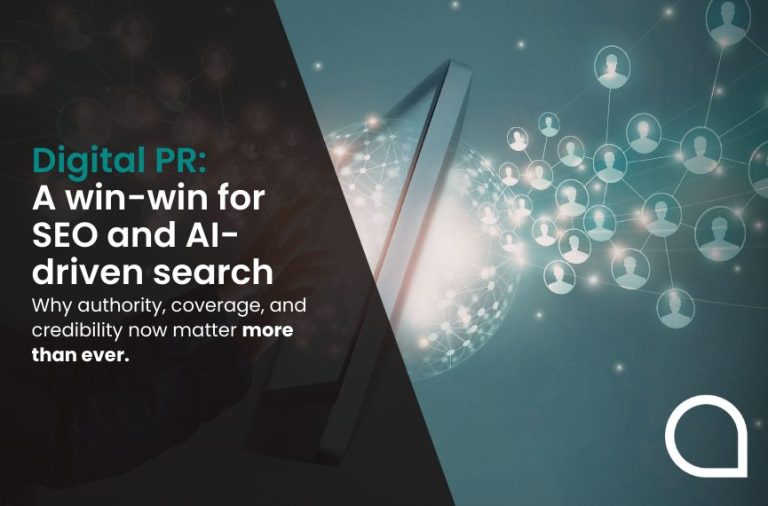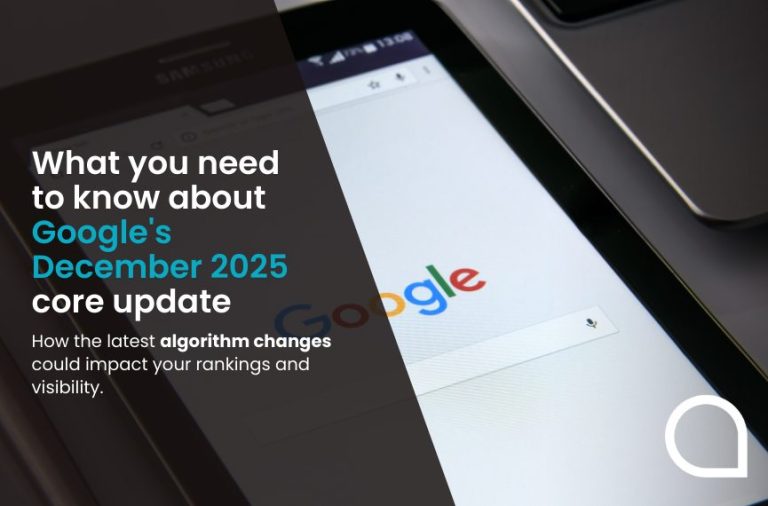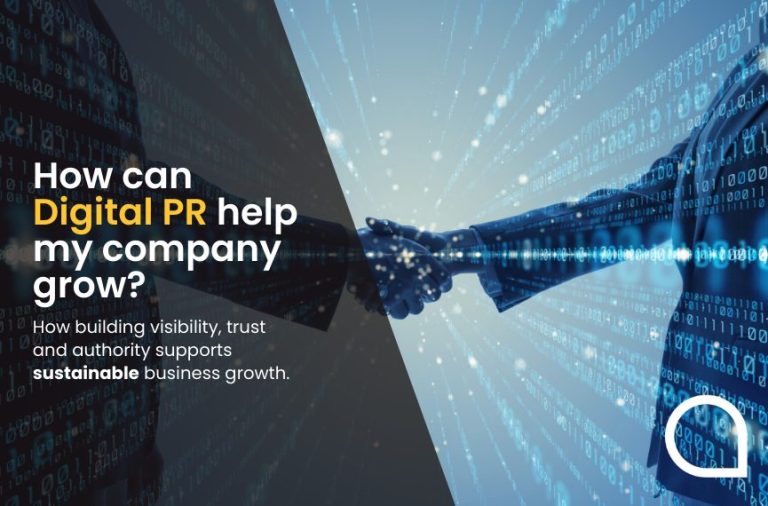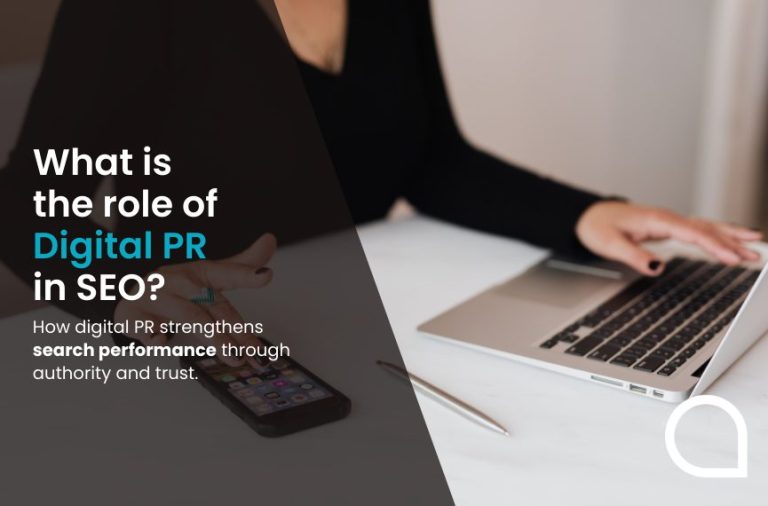The widespread creation and adoption of AI (artificial intelligence) tools has undoubtedly changed the way that search engine optimisation (SEO) services for websites are performed.
Offering greater automation, expert insights, and minimal delays, utilising AI-powered tools for this purpose can save invaluable time and money, but it’s not without its drawbacks – allow us to explain.
Can AI optimise my website for search?
Yes, it can.
Thanks to the wide range of AI-powered tools and software, AI has made countless SEO tasks quicker, easy, and more affordable for businesses.
Whether you require support with keyword research, content creation, website performance optimisation, or link building, there are many ways you can utilise AI optimisation to increase the likelihood of your website ranking higher in the search engine result pages (SERPs) for business-critical keywords.
What are the benefits of using AI to optimise your website?
While it may seem counterintuitive for a digital marketing agency to say that AI tools can provide search engine optimisation services, we believe in being honest with our customers.
By adopting this transparent approach, we aim to support UK businesses with making more informed decisions about their online marketing activities and methods.
Some of their benefits of AI search optimisation include:
Time-saving – AI tools can automate repetitive and time-consuming SEO tasks, including link building, keyword research, and content optimisation.
Affordability – AI-powered SEO tools tend to be more affordable than using a dedicated digital marketing agency due to the lack of human labour.
Minimal delays – Unlike a human team, AI doesn’t get sick or go on holiday.
What are the drawbacks?
AI-powered SEO tools, however, are not without their considerable downsides.
- Unoriginal – AI cannot come up with original ideas. Instead, these tools rely heavily on data, knowledge, and information that already exists somewhere on the internet.
- Unreliable – AI can occasionally suffer from ‘hallucinations’ where they create content that’s misleading, fabricated, or completely incorrect.
- Lack of creativity and strategy – AI-powered tools can’t connect with other humans like we can – often failing to accurately replicate human emotion, creativity, and strategy.
- Human oversight – AI tools still require human oversight to ensure their accuracy and relevance to the business’s wider marketing aims.
- Complexity – Some AI-powered SEO tools can be difficult to use for those inexperienced in this industry, resulting in more time and money being dedicated to retraining.
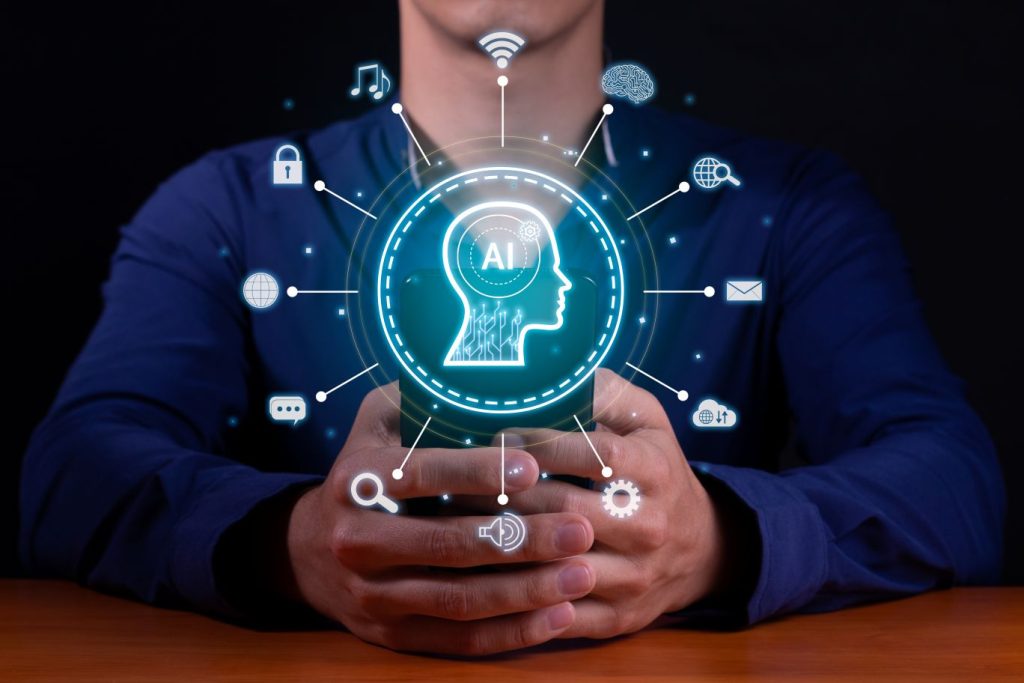
Which does search engines prefer: optimisation by AI or a human?
Human or AI – search engines have no preference.
Instead, what they really care about is quality.
Is the content well-written? Does it demonstrate originality? How trustworthy is it?
Often, the best website optimisation for search engines involves a combination of both human expertise and AI assistance.
With AI-powered SEO tools in the hands of digital marketing professionals, AI can take care of the time-consuming, repetitive SEO tasks, while the humans can dedicate focus on introducing creativity, originality, and strategic guidance.
Customer-focused search engine optimisation
Has your website seen a decrease in traffic since the introduction of Google’s AI Overviews? You’re not alone.
Many businesses across the UK have reported a negative impact on their SEO efforts, but what’s the solution?
By understanding the impact that AI is having on website traffic, conversion, and enquiries, our innovative team of SEO professionals has adapted the way we do things here at Aqueous Digital, combining the benefits of AI-powered tools with our irreplaceable human insights.
To find out how we can support the specific digital marketing efforts of your business, why not arrange your free, no-obligation consultation today via our online contact form?
Alternatively, you can also speak to us via:
